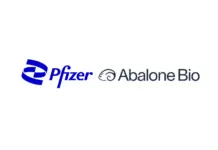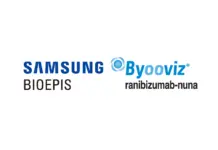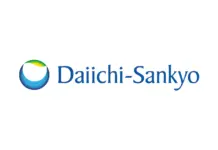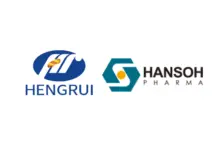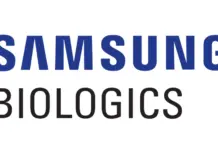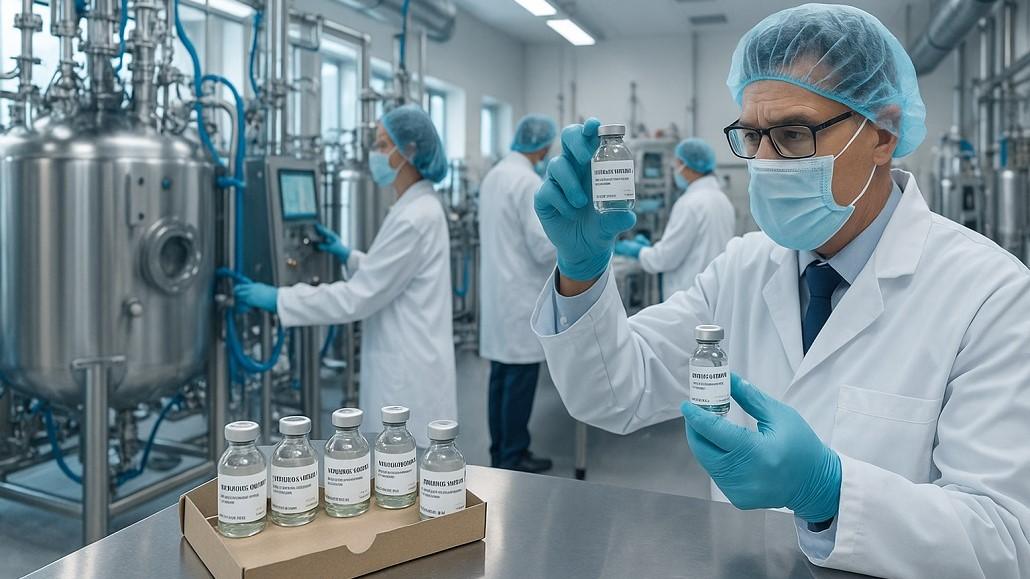The European Medicines Agency (EMA) and the Heads of Medicines Agencies (HMA) have issued recommendations through the Executive Steering Group on Shortages and Safety of Medicinal Products (MSSG) for securing the supply of anti-D immunoglobulins used to prevent RhD immunisation during pregnancy in the European Union. The Anti-D immunoglobulins supply is under threat as a result of a decrease in the plasma donors. Donors who have anti-D immunoglobulins are the sole source for the production of these drugs, according to EMA, and these treatments are the only option to prevent RhD immunization in pregnancy.
PhD immunization happens, as stated by EMA, when RhD-negative person who is pregnant is exposed to RhD-positive blood from the growing fetus in their body. A potentially fatal immune reaction might occur from the exposure and affect the health of the fetus, as well as after birth (1).
Vulnerabilities in the supply chain
MMSG identified the following key vulnerabilities in the supply chain (2):
- The number of immunized donors was less, and there was a decline in existing donors.
- There were challenges in the collection, manufacturing, and pooling of small plasma batches.
- Global capacity was limited due to the less marketing authorization holders and centers collecting plasma for anti-D immunoglobulins.
- There was a dependency on countries outside of the EU for supply of plasma for these products.
Recommendations for regulators, industry, and other stakeholders
MMSG issued recommendations to national regulators, the European Commission, the plasma industry, and research organizations. The new recommendations are for EU Member States to create plans to secure the anti-D immunoglobulins supply in the EU that include safety, legal, ethical, and regulatory considerations. Actions towards reducing unnecessary use through such methods as non-invasive prenatal testing should be prioritized. Alternative treatments should also be researched and developed. Communication campaigns regarding plasma-derived medicinal products must also be undertaken.
The recommendations also state, “Member States, in collaboration with experts, including learned societies, patient organizations, and other relevant stakeholders should develop national guidelines to facilitate prioritization of patients who require these medicines during shortage situations, where necessary. The MSSG may coordinate the development of a Union level prioritization plan to manage critical shortages, coordinated at Union level” (2).
EMA stated in the press release that the EC should identify measures to ensure the supply of these treatments and coordinate with EU Member States. “Policy measures set out in the proposed Critical Medicines Act could be leveraged, such as joint procurement of manufacturing services to establish or increase supply of these medicines to the EU,” the agency stated in the release. The recommendations document says the EC should also “facilitate cooperation between key stakeholders, including national competent blood authorities and national competent medicines authorities to ensure coherence across relevant legislative frameworks.”
Also, the industry is being urged to provide an assurance of availability of these treatments in Europe by making investments in production capacity and alternative development to plasma-derived anti-D immunoglobulins.
The recommendations (2) state that the plasma industry and research organizations should “collaborate with Member States and the European Commission to identify effective mechanisms to support plasma collection and use. Consider initiatives and tools implemented by regulatory authorities to secure the anti-D immunoglobulins supply and where needed, provide relevant data necessary for identifying and developing these mechanisms.”
References:
-
EMA. Strengthening Supply Chain of Anti-D Immunoglobulins. Press Release. July 4, 2025. https://www.ema.europa.eu/en/news/strengthening-supply-chain-anti-d-immunoglobulins
-
EMA. Recommendations of the Executive Steering Group on Shortages and Safety of Medicinal Products to Address Anti-D Immunoglobulin Supply Chain Vulnerabilities. EMA/135603/2025. June 23, 2025. https://www.ema.europa.eu/en/documents/other/recommendations-executive-steering-group-shortages-safety-medicinal-products-address-anti-d-immunoglobulin-supply-chain-vulnerabilities_en.pdf









